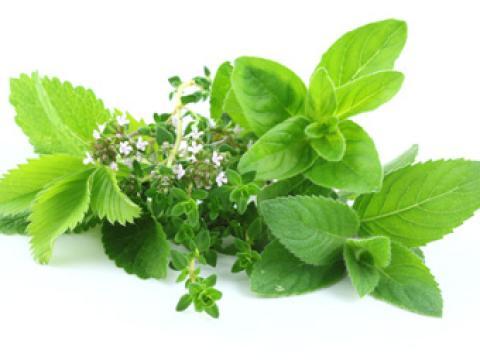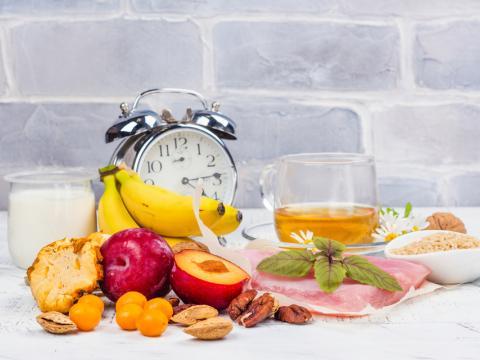Which plants can help with sleep disturbances?
The choice of plant will depend on the type of sleep disturbance and also whether the individual is anxious.
If the individual is not anxious, the combination eschscholzia / valerian will take care of most problems, i.e. difficulty falling asleep, waking in the night or too early. This combination of plants will also preserve deep, slow-wave sleep, which is when physical restoration happens, and paradoxical sleep, which is when psychological restoration happens.
If the individual is anxious, the anxiety must be treated in the morning with rhodiola, and plants for sleep disturbances added in the evening.
Hawthorn can be given for palpitations on waking or a fear of dying, for example, or lemon balm for heartburn. Valerian can be used for muscle stiffness, and this is how sleep disturbances can be treated individually.
How to use phytotherapy correctly
It is important to understand that prescribing a plant and its efficacy will depend on how it is extracted. Some active ingredients are extracted with water as a tisane or infusion. Infusions can be recommended for very mild sleep disturbances. If the symptoms are more severe, extracts using the totum of the plant should be taken and these will then have almost medicinal efficacy.
When to take them
They should generally be taken in the evening as they are to help you sleep. Take them ten minutes before going to bed, but remember that phytotherapy will take 10 to 20 minutes to work, but you need to be relaxed in bed during this time. If you remain active, the plant’s efficacy will be reduced.
A last piece of advice
Phytotherapy is also useful for the specific problem of waking in the night. Taking a combination of hawthorn/passionflower will help you fall asleep more quickly but will also help you to wake up better and not feel groggy all morning.







